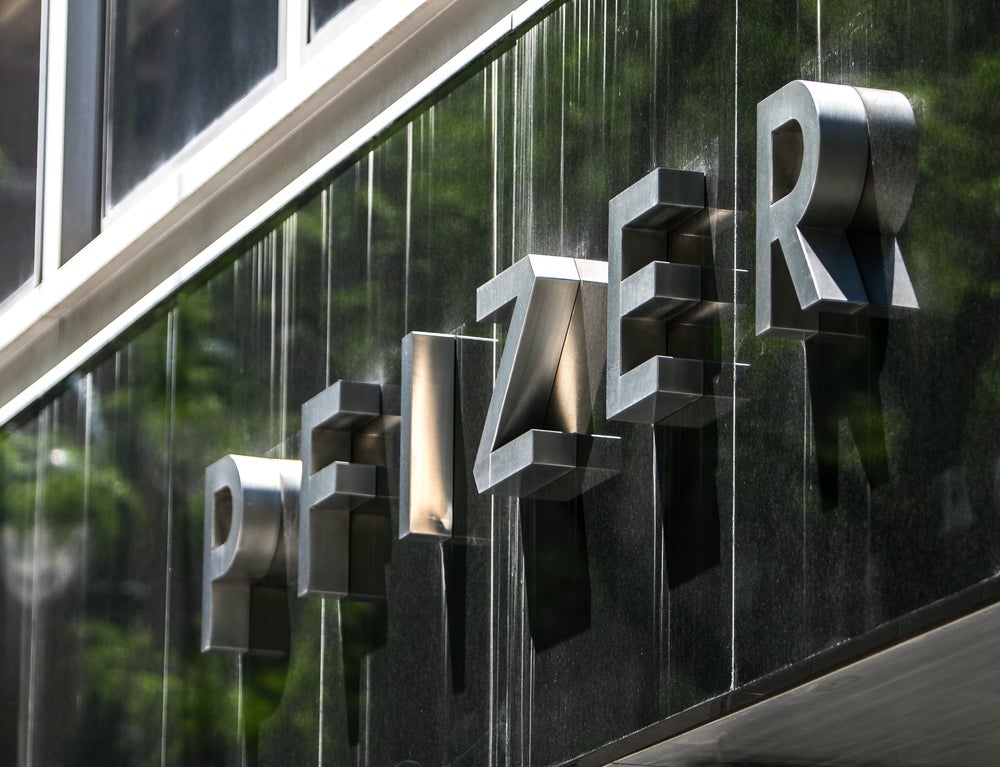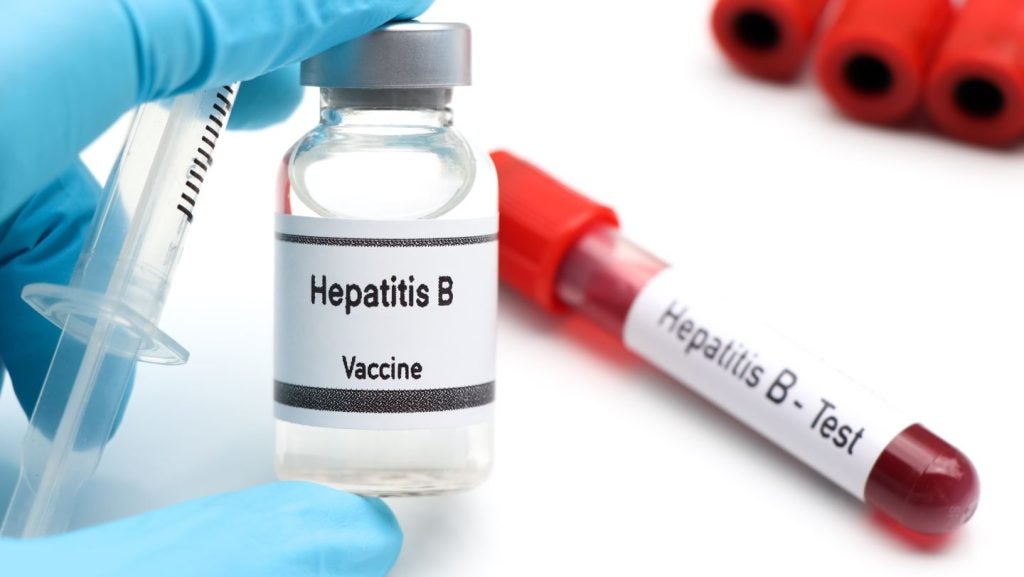
Need to Know:
GlobalData’s proprietary model uses a combination of machine learning and an algorithm to calculate an individual drug’s Phase Transition Success Rate (PTSR) and Likelihood of Approval (LoA). While LoA provides the probability of a drug ultimately receiving market authorisation, PTSR indicates the probability of a drug’s advancement to the next stage of clinical development. The model uses data points from the individual drugs, clinical trials, regulatory milestones, as well as company and financial databases.
Trial updates and data releases across the oncology space moved the needle when it came to several drugs’ approval and trial progress prospects.
In hematological cancers, both Servier and Debiopharm saw a positive bump, of nine points and five points respectively, in their drugs’ potential to achieve FDA approval in acute myeloid leukemia (AML) and non-Hodgkin’s lymphoma (NHL), respectively. This was measured by the Likelihood of Approval (LoA) metric.
In the case of Servier’s Tibsovo, its Phase III trial in previously untreated IDH-1 mutated AML was recently stopped early given the strong efficacy signals, and the resultant positive topline data prompted the change in the drug’s chances of approval for that patient population. Tibsovo has been FDA-approved to treat relapsed or refractory IDH1-mutated AML since July 2018. Servier acquired Tibsovo and the remainder of Agios Pharmaceuticals’ oncology portfolio in December 2020.
In the case of Debiopharm, the conclusion of a Phase II trial meant that naratuximab emtansine’s Phase Transition Success Rate (PTSR), which signifies a drug’s chances to advance to the next development stage, jumped by 19 points to 44%.
How well do you really know your competitors?
Access the most comprehensive Company Profiles on the market, powered by GlobalData. Save hours of research. Gain competitive edge.

Thank you!
Your download email will arrive shortly
Not ready to buy yet? Download a free sample
We are confident about the unique quality of our Company Profiles. However, we want you to make the most beneficial decision for your business, so we offer a free sample that you can download by submitting the below form
By GlobalDataPfizer also saw a positive move for its nerve growth factor (NGF) inhibitor tanezumab’s LoA by eight points to 39% after announcing positive results from a Phase III trial. Earlier this year, an FDA Advisory committee voted against a risk mitigation protocol for tanezumab when used as a treatment for osteoarthritis-related pain. The most recent Phase III trial studied it as treatment for pain experienced by cancer patients due to bone metastasis. Detailed Phase III results will be shared in a future scientific forum, according to a 28 July media release detailing Pfizer’s Q2 results.
On the other hand, Karyopharm’s decision to terminate its Phase II study in glioblastoma multiforme (GBM) has hurt Xpovio’s LoA by four points, but more painfully, its PTSR by 20 points taking it down to 20%. These score changes occurred on 3 August after its ClinicalTrials.gov listing was updated on 30 July from “completed” to “terminated due to sponsor decision”.
In the non-oncology arena, last month Boehringer Ingelheim completed a Phase II long-term safety and efficacy study with its anti-CD40 monoclonal antibody BI-655064 in lupus nephritis. Following this news, the drug saw its PTSR jump by 10 points to 16% and its LoA increase by seven points to 11%.






